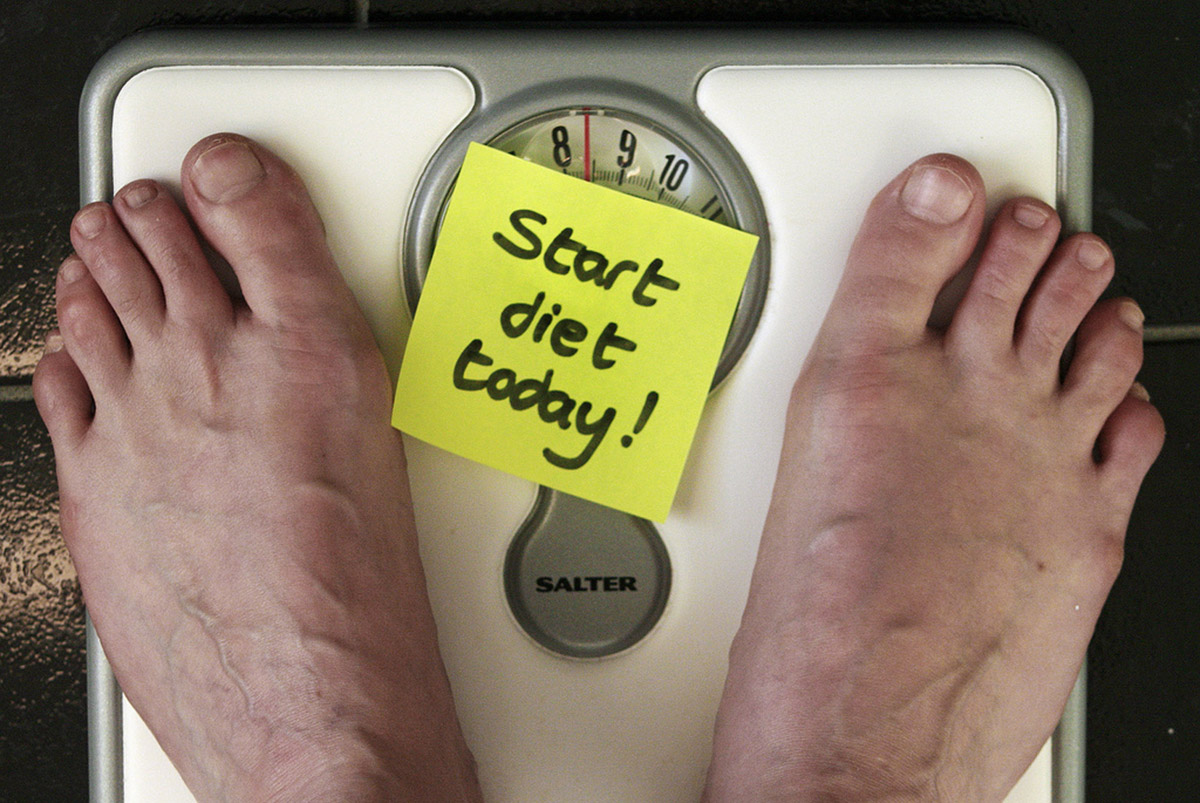Those who wish to lose weight are bombarded with hundreds, possibly thousands, of various diets, each claiming unparalleled benefits for body weight, fitness and general health. Unfortunately, the overwhelming majority of diets simply don’t work in the long term. And while the shortcomings of some dieting recommendations are obvious even to uneducated people, others sound too scientific to be simply dismissed.

What Is A HCG diet?
HCG (Human Chorionic Gonadotropin) is a hormone present in large amounts in a pregnant woman. It uses up the stored fats in a mother’s body to provide the necessary calories for the fetus to grow. This attribute of using stored fat is the basis of the hormone’s use as a weight loss treatment. Research showed that hCG (when taken orally or via an injection) increases the metabolism in non-pregnant persons (both males and females).
Phase 1: During this phase, a person is asked to consume as much food as possible, especially fats, over two days.
Phase 2 and 3: Here, the daily calorie consumption is reduced to 500 calories consisting of fruits, vegetables, salads or lean meat with a daily dose of hCG hormone. This phase continues for three weeks. Halfway through this period, the hCG dose is stopped.
Phase 4: Return to a healthy and normal diet.
HCG Diet For Weight Loss?
Though the research on the use of hCG hormones for losing weight and being a part of a diet plan is lacking, certain studies clearly show that hCG is not an effective way of promoting weight loss. A clinical study of 51 obese women was conducted for a period of 32 days. All of them were put on a 500 calorie per day diet and half of them received hCG injections. At the end of the study, it was found that there was no significant difference between the two groups in terms of weight loss, hip and waist circumference, hunger pangs or weight loss per injection. Thus, concluding that HCG does not contribute much for weight loss.
During the first week, all participants experienced strong sensations of hunger and the diet adjustments improved more greatly for those not receiving the hCG injections. During the course of experiment, two participants also experienced side effects and they both belonged to the group taking hCG injections. One woman developed ovarian cysts and the other woman suffered a severe headache. At the end of the study, it was concluded that hCG offered no advantage over the calorie restriction and the success of the diet was based on the motivation and not on hCG administration.
See Also: Isagenix Reviews: Does the Isagenix Cleanse Diet Really Work?
A lot of recommendations for the hCG diet have been mentioned in various sources, from not using any body lotions and oils to avoiding the consumption of alcohol, sugary and dairy products. Some recommendations even discourage any form of exercise. A review of such studies clearly showed that hCG is ineffective in dieting and is not recommended for use.
Pregnant or lactating women should avoid going on such a diet as artificially increasing HCG hormone levels in the body may pose threat to the development of baby and induce severe birth defects. It also may cause problems to the health of mother.
Facts About The HCG Diet Plan
What do you need to know about the hCG diet plan before you even begin to consider it as a weight loss option for yourself? Quite a bit, as it turns out. Here are important facts about the hCG diet plan everyone should be aware of.

- It is a very low calorie diet: Nutrition experts suggest a daily calorie intake of 1800 (for women) is required to help our body to perform its functions properly. The hCG diet allows a calorie intake of 500-700 calories a day on an average, which is less than half of what is recommended, thus depriving the body of essential nutrients.
- Side Effects: This low calorie diet, apart from not delivering the basic nutrients to the body, makes a person irritable, can cause mood swings, headache, hair loss, fatigue, electrolyte imbalance, gallstone formation, heart arrhythmia and, in the worst cases, the intake of hCG hormone can result in irregular periods, ovarian cysts, breast tenderness, depression, vaginal bleeding in women. In males, it may cause breast enlargement, decreased sperm production, infertility and blot clot formation.
- Dose of hCG: Until now there has been no published guideline on the dose of hCG hormone. As a result, most providers are using random doses of this hormone.
- Not approved by the FDA: The hormone has not been approved by the US Food and Drug Administration for treating obesity or to be used in any kind of weight loss therapy.
- Limited research on hCG leading to weight loss: A lot of research has been done to find out if the hormone intake helps in weight loss, but there is not much solid scientific data available to confirm this, and it is felt that the weight loss in this diet plan usually occurs because of the calorie restriction. A research analysis of eight controlled and 16 uncontrolled trials measuring the effect of hCG on obesity treatment showed that there is no benefit of using hCG on obese people for losing weight. Until now, there is no scientific evidence that hCG is effective in the treatment of obesity or helps in weight loss via fat redistribution.
- Price tag: HCG hormone is usually very expensive and, in addition, there is often no easy way to check whether the medicine is real or not.
- Not a permanent lifestyle shift: Since the calorie intake is so low, it’s likely to be a temporary diet plan and not a permanent lifestyle shift which people can follow to maintain their weight. It is likely, that once a person is off the hCG diet, the weight may come back This rapid weight gain is known to be associated with serious health risks.
See Also: Personalized Dieting: A Look Into Nutrigenetics
Evidence of the rapid weight loss on this diet that can be found online appear very convincing, but a closer look clearly indicate that hCG diet can cause serious health risks. There are many studies that show that the use of extreme diets offer more risks than benefits. So instead of putting your body at risk by trying such diets, it’s better to find an eating plan that fits you well and have been scientifically proven to work and to be safe.
- Rabe T, Richter S, Kiesel L, Runnebaum B. Risk-benefit analysis of a hCG-500 kcal reducing diet (cura romana) in females Geburtshilfe Frauenheilkd. 1987 May
- 47(5):297-307
- Lijesen GK1, Theeuwen I, Assendelft WJ, Van Der Wal G. The effect of human chorionic gonadotropin (HCG) in the treatment of obesity by means of the Simeons therapy: a criteria-based meta-analysis. Br J Clin Pharmacol. 1995 Sep
- 40(3):237-43
- Stein MR, Julis RE, Peck CC, Hinshaw W, Sawicki JE, Deller JJ Jr. Ineffectiveness of human chorionic gonadotropin in weight reduction: a double-blind study. Am J Clin Nutr. 1976 Sep
- 29(9):940-8
- Birmingham CL, Smith KC. Human chorionic gonadotropin is of no value in the management of obesity. Can Med Assoc J. 1983 May 15
- 128(10):1156–1157
- Bradley P. Human chorionic gonadotropin in weight reduction. Am J Clin Nutr. 1977 May
- 30(5):649–654
- Federal Drug Administration Bulletin. Vol.5, No. 2. HCG not approved for use in obesity. Washington, D.C., 1975
- Albrink MJ. Chorionic gonadotropin and obesity? Am J Clin Nutr. 1969 Jun
- 22(6):681–685
- Greenway FL, Bray GA. Human chorionic gonadotropin (HCG) in the treatment of obesity: a critical assessment of the Simeons method. West J Med. 1977 Dec
- 127(6):461–463
- Asher WL, Harper HW. Effect of human chorionic gonadotrophin on weight loss, hunger, and feeling of well-being. Am J Clin Nutr. 1973 Feb
- 26(2):211–218.Photo courtesy of WordRidden via Flickr: www.flickr.com/photos/wordridden/173689495
- Photo courtesy of Alan Cleaver via Flickr: www.flickr.com/photos/alancleaver/4222533261


Your thoughts on this